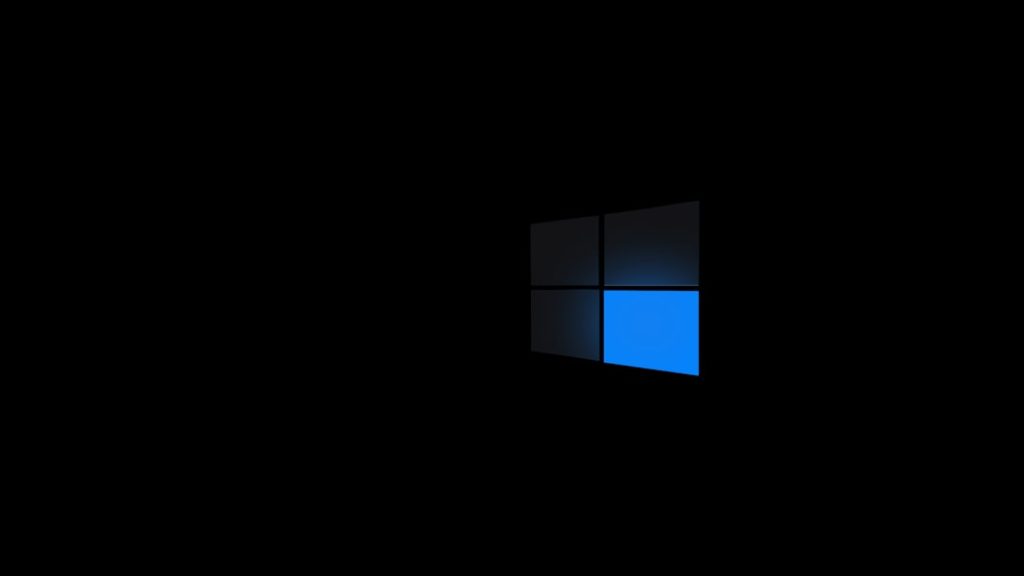The Windows operating system is one of the most popular and widely used platforms in the world. Its modern versions, including Windows 11, offer advanced features and enhanced performance. However, as robust as it may be, users sometimes encounter cryptic error messages that can disrupt the user experience. One such problem is the Error 0x80004005, also known as an “unspecified error.” This particular error is notoriously vague and may manifest in several scenarios, which makes it frustrating to diagnose and resolve.
In this article, we will explore the possible causes and effective solutions for fixing Error 0x80004005 in Windows 11. Whether it appears during a Windows update, while accessing shared folders, or executing file operations, the methods outlined below will help you identify and resolve the issue.
What is Error 0x80004005?
Error 0x80004005 generally signifies an unspecified failure that prevents a specific operation from completing. It lacks a clear-cut explanation, which is what makes it particularly troublesome. Users typically encounter this error in the following situations:
- During Windows Update installations
- While extracting compressed files or archives
- When trying to access network-shared drives or folders
- While activating or updating Windows
Depending on its context, the cause could range from corrupt system files to outdated drivers or insufficient permissions. Because of its ambiguous nature, resolution steps depend on when and where you encounter the error.
Common Scenarios and How to Fix Error 0x80004005
1. Error During Windows Update
If you see Error 0x80004005 while trying to install a Windows Update, the issue could be due to corrupt update files or problems with the update service itself. Here are the best ways to address it:
-
Run the Windows Update Troubleshooter:
- Go to Settings > System > Troubleshoot > Other troubleshooters.
- Find Windows Update and click Run.
-
Manually Reset Windows Update Components:
- Open Command Prompt as Administrator.
- Execute the following commands one by one:
net stop wuauserv net stop cryptSvc net stop bits net stop msiserver ren C:\Windows\SoftwareDistribution SoftwareDistribution.old ren C:\Windows\System32\catroot2 catroot2.old net start wuauserv net start cryptSvc net start bits net start msiserver
- Use the Media Creation Tool: If nothing helps, download and run the Media Creation Tool from Microsoft’s website to perform an in-place upgrade.
2. Error When Extracting Files
Another common occurrence is when users try to extract or copy files and encounter error 0x80004005. This usually points to a blocked or corrupted compressed file. Try these steps:
-
Unblock the File:
- Right-click on the compressed file and select Properties.
- On the General tab, if you see an “Unblock” checkbox at the bottom, check it and click OK.
-
Extract Using a Different Utility:
- Try using third-party software like 7-Zip or WinRAR to extract the contents.
-
Check for File Corruption:
- If you downloaded the archive from online sources, attempt to re-download it.
Permission mistakes and antivirus programs may also interfere with file extraction, so be sure to temporarily disable your security software and test whether the issue is resolved.
3. Error When Accessing Network Shared Folders
This is a troubling scenario for users on local networks, especially in business environments. Windows 11 may show Error 0x80004005 when trying to connect to or open shared folders. This is often due to incorrect permissions or configuration issues with SMB (Server Message Block) protocols.
-
Verify File Sharing Settings:
- Ensure the destination PC has file and printer sharing enabled.
- Navigate to Control Panel > Network and Sharing Center > Advanced sharing settings.
- Enable Turn on file and printer sharing.
-
Enable SMB 1.0 Protocol:
- Press Windows + R and type optionalfeatures.
- In the Windows Features window, locate and enable SMB 1.0/CIFS File Sharing Support.
- Restart your system after applying changes.
-
Credential Verification:
- Make sure you are using the correct username and password to access the shared resource.
- Check if any recent Windows security updates might have changed network credentials policies.
4. Corrupt System Files
Underlying system corruption is another typical cause of error 0x80004005 across multiple scenarios. Windows provides powerful built-in tools to identify and repair damaged system files.
-
Run System File Checker (SFC):
- Open Command Prompt as Administrator.
- Execute the following command:
sfc /scannow
-
Run DISM (Deployment Image Servicing and Management):
- If SFC doesn’t resolve the issue, run:
DISM /Online /Cleanup-Image /CheckHealth DISM /Online /Cleanup-Image /ScanHealth DISM /Online /Cleanup-Image /RestoreHealth
- If SFC doesn’t resolve the issue, run:
These commands can repair the system image and resolve hidden corruption causing error 0x80004005.
5. Disable or Reconfigure Security Software
Certain antivirus or security programs may interfere with Windows operations, especially when accessing files or folders. To rule out this possibility:
- Temporarily disable your antivirus program and check if the error persists.
- If the error disappears, consider updating or reconfiguring your security program to whitelist certain Windows functions.
Preventing Error 0x80004005 in the Future
While it’s not always possible to foresee or avoid every Windows error, you can take proactive steps to prevent error 0x80004005 from recurring.
- Keep your system updated with the latest Windows patches and security updates.
- Perform regular system scans using antivirus software to detect and eliminate threats.
- Avoid downloading files from suspicious or unverified sources that may contain corrupt or infected files.
- Use proper backup solutions to avoid data loss in case of corruption or failure.
Conclusion
Error 0x80004005 in Windows 11 can be a perplexing and inconvenient problem, but with a systematic troubleshooting approach, it becomes highly manageable. Whether the issue arises during a Windows Update, network access, or while extracting files, understanding the context and applying the appropriate solution will usually rectify the situation.
If none of the provided solutions prove effective, contacting Microsoft Support or consulting a certified technician may be the best course of action. Nonetheless, by following these expert-recommended guidelines, most users will be able to resolve the error and restore normal system operation.
